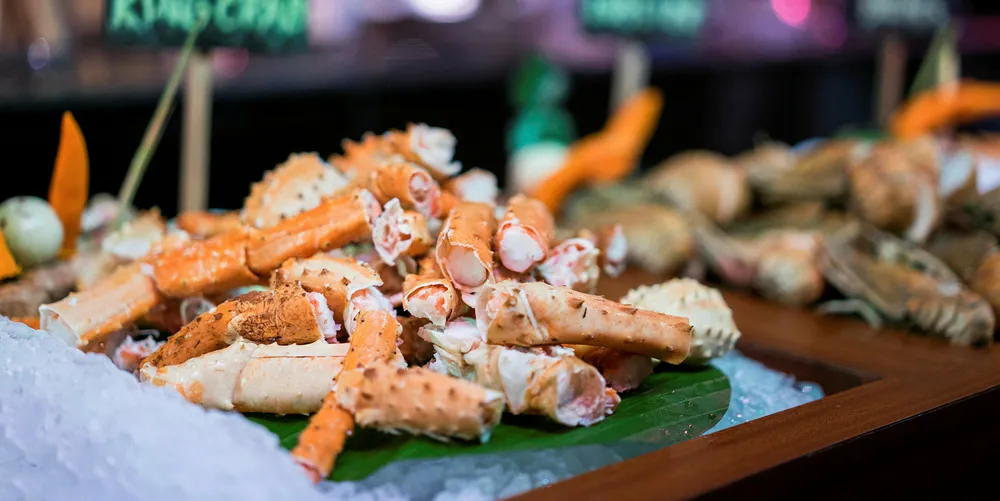Controversial IUU science paper finally retracted
More than a year after a US fisheries official and eminent scientists called for a retraction of the paper, the journal in which it was published relents.

More than a year after a US fisheries official and eminent scientists called for a retraction of the paper, the journal in which it was published relents.
